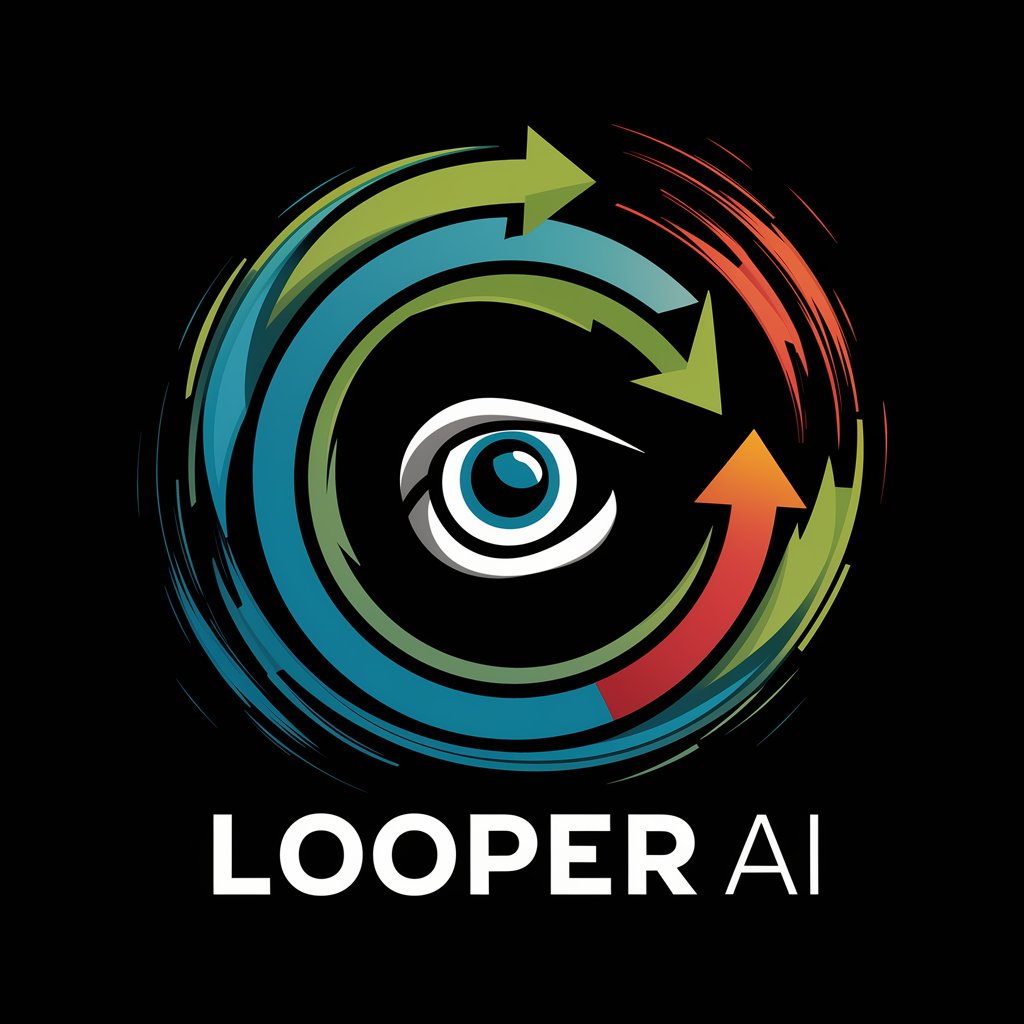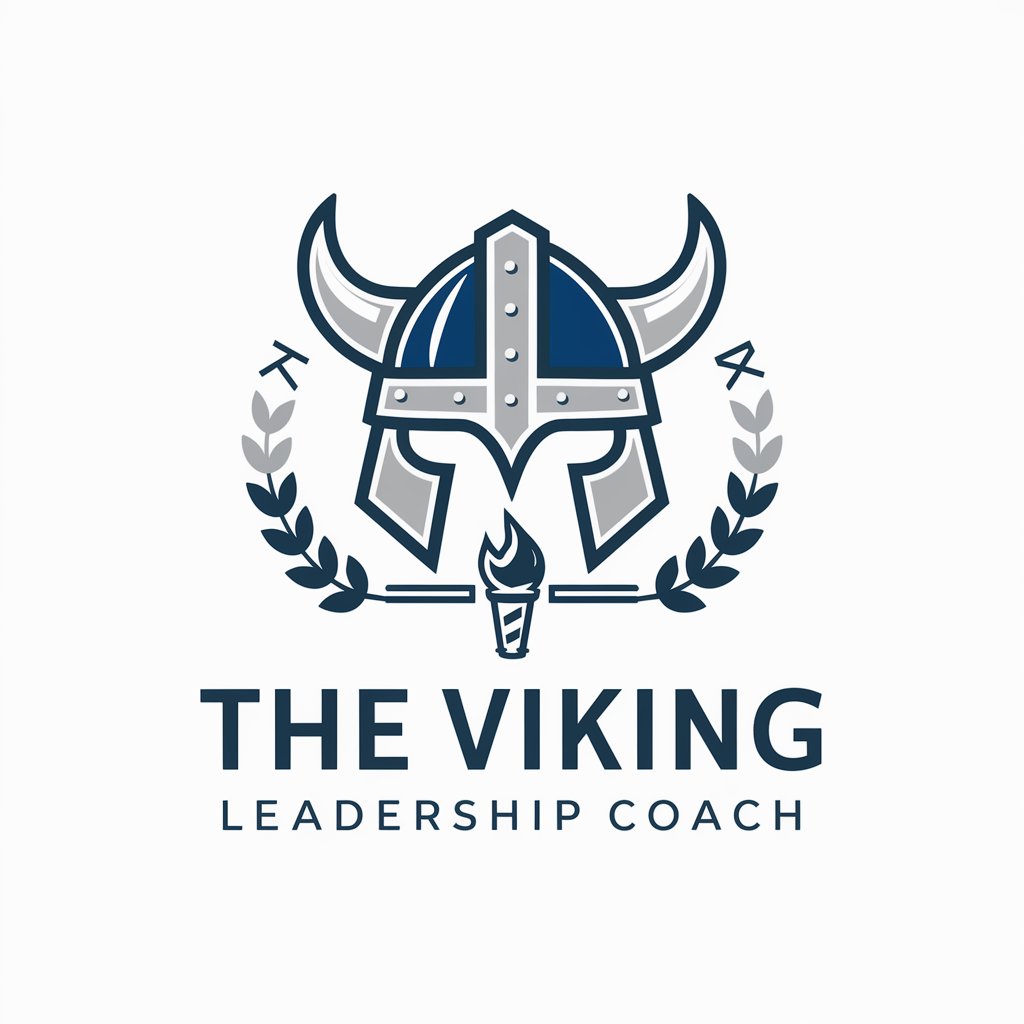Looper - Decision-Making Support Tool

Welcome! Let's enhance your decision-making with the OODA loop.
Empower decisions with AI-driven insights.
How can I effectively integrate feedback into my decision-making process using the OODA loop?
What strategies can I use to accelerate the iteration cycle in my projects?
How do I balance short-term actions with long-term goals in the context of OODA loops?
Can you provide an example of using the OODA loop to improve a business strategy?
Get Embed Code
Introduction to Looper
Looper is a specialized GPT designed to guide users in applying the OODA (Observe, Orient, Decide, Act) loop methodology for enhanced decision-making and learning through feedback loops. Its core purpose is to help individuals and organizations navigate complex environments by leveraging rapid iteration, adaptation, and continuous feedback integration to refine strategies and achieve objectives. Looper emphasizes the dynamic nature of decision-making processes, promoting a cycle of observation to gather relevant information, orientation to understand the context and implications, decision-making based on this understanding, and action taking, followed by immediate feedback integration. This approach fosters a proactive stance towards problem-solving and strategic planning, ensuring that actions are both responsive to current conditions and aligned with long-term goals. Examples include helping a business leader navigate market changes by continuously adapting their strategy, or assisting a learner in refining their study methods based on performance feedback. Powered by ChatGPT-4o。

Main Functions of Looper
Strategy Adaptation and Refinement
Example
A small business adjusting its operations in response to new consumer trends observed through social media analysis and customer feedback.
Scenario
Looper aids in identifying key trends and feedback, suggesting adjustments in product offerings or marketing strategies to better align with customer expectations.
Learning and Skill Development
Example
A student using feedback from practice exams to focus their study on weak subjects before a major test.
Scenario
Looper proposes a tailored study plan based on performance analysis, incorporating diverse learning resources and techniques to address knowledge gaps.
Crisis Management and Response
Example
An organization responding to a sudden reputational crisis on social media.
Scenario
Looper guides the organization through a step-by-step process to monitor public sentiment, orient the response strategy, decide on the messaging, and act by engaging with stakeholders and the media.
Innovation and Product Development
Example
A tech company iteratively developing a new software product based on user feedback.
Scenario
Looper facilitates the integration of user experiences and suggestions into the development cycle, ensuring the product evolves to meet user needs effectively.
Ideal Users of Looper Services
Business Leaders and Entrepreneurs
Individuals navigating the complexities of the business environment, facing rapid market changes, and needing to make informed decisions quickly will find Looper's services invaluable. The emphasis on rapid iteration and feedback integration aligns perfectly with the dynamic nature of business, aiding in strategic planning and operational adjustments.
Educators and Students
Those engaged in teaching and learning activities can leverage Looper to enhance educational outcomes. By applying the OODA loop, educators can refine their teaching strategies based on student feedback, while students can optimize their learning techniques and focus areas, leading to improved academic performance.
Project Managers and Teams
Project management requires continuous adaptation to changing conditions and stakeholder needs. Looper helps project managers and their teams stay aligned with project goals through regular feedback loops, ensuring that projects are completed efficiently and effectively.
Policy Makers and Government Officials
For those tasked with developing and implementing policy in fast-changing socio-political environments, Looper offers a framework for iterative policy development and implementation, allowing for rapid adjustments based on societal feedback and emerging challenges.

How to Utilize Looper: A Comprehensive Guide
1
Start by visiting yeschat.ai for an initial experience without the need for sign-up or subscription to ChatGPT Plus.
2
Identify the specific challenge or decision-making process you need assistance with. Looper is designed to support a wide range of contexts, from strategic planning to personal development.
3
Interact with Looper by presenting your scenario in detail. The more specific your input, the more tailored and effective the guidance you'll receive.
4
Apply the provided advice to enact the OODA loop: Observe your environment, Orient yourself based on new information, Decide on a course of action, and Act on that decision.
5
Use feedback from your actions to refine your approach. Engage with Looper iteratively to integrate new insights and adapt your strategy for continuous improvement.
Try other advanced and practical GPTs
The Viking Leadership Coach
Empowering Leaders with AI Wisdom

Eloquent Leadership
Transform your speeches with AI-powered insights.

Global Leadership
Empowering Leadership with AI

Leadership Assistant
Empowering Leaders with AI-Driven Insights

Leadership Buddy
Elevate Leadership with AI Insight

Leadership Coach
Empowering Leaders with AI

Hooker
Crafting Your Catch: AI-Powered Hook Generation

Tonda Booker RE Team
Empowering real estate decisions with AI

Tonda Booker Real Estate
Empowering Real Estate Decisions with AI

Airflow Cooker
Empowering your Airflow development with AI

Looper
Explore Topics with AI-Driven Depth

Landlord's Locker
Empowering Landlords with AI

Essential Questions About Looper
What is the OODA loop and how does Looper utilize it?
The OODA loop, standing for Observe, Orient, Decide, Act, is a decision-making process developed by military strategist John Boyd. Looper applies this concept by guiding users through these steps in any given scenario, offering advice to rapidly adjust and refine decisions based on feedback and changing conditions.
Can Looper help with personal decision-making?
Absolutely. Whether it's career choices, educational paths, or personal growth goals, Looper can provide structured advice to navigate decisions effectively, leveraging the OODA loop principle for clarity and direction.
Is Looper suitable for business strategy planning?
Yes, Looper is particularly effective for business strategy, offering insights and methodologies to observe market trends, orient strategies to align with goals, decide on actionable plans, and act with agility. It's a valuable tool for businesses looking to innovate or adapt to changing markets.
How can educators use Looper?
Educators can use Looper to design curricula, manage classroom dynamics, or even in professional development. By applying the OODA loop, educators can continuously refine teaching methods and strategies based on student feedback and learning outcomes.
What sets Looper apart from other AI decision-making tools?
Looper's unique integration of the OODA loop into its functionality sets it apart. This approach ensures that advice is not only based on current information but also incorporates a structured method for adapting to change and integrating feedback, making it a dynamic tool for continuous learning and decision-making.
